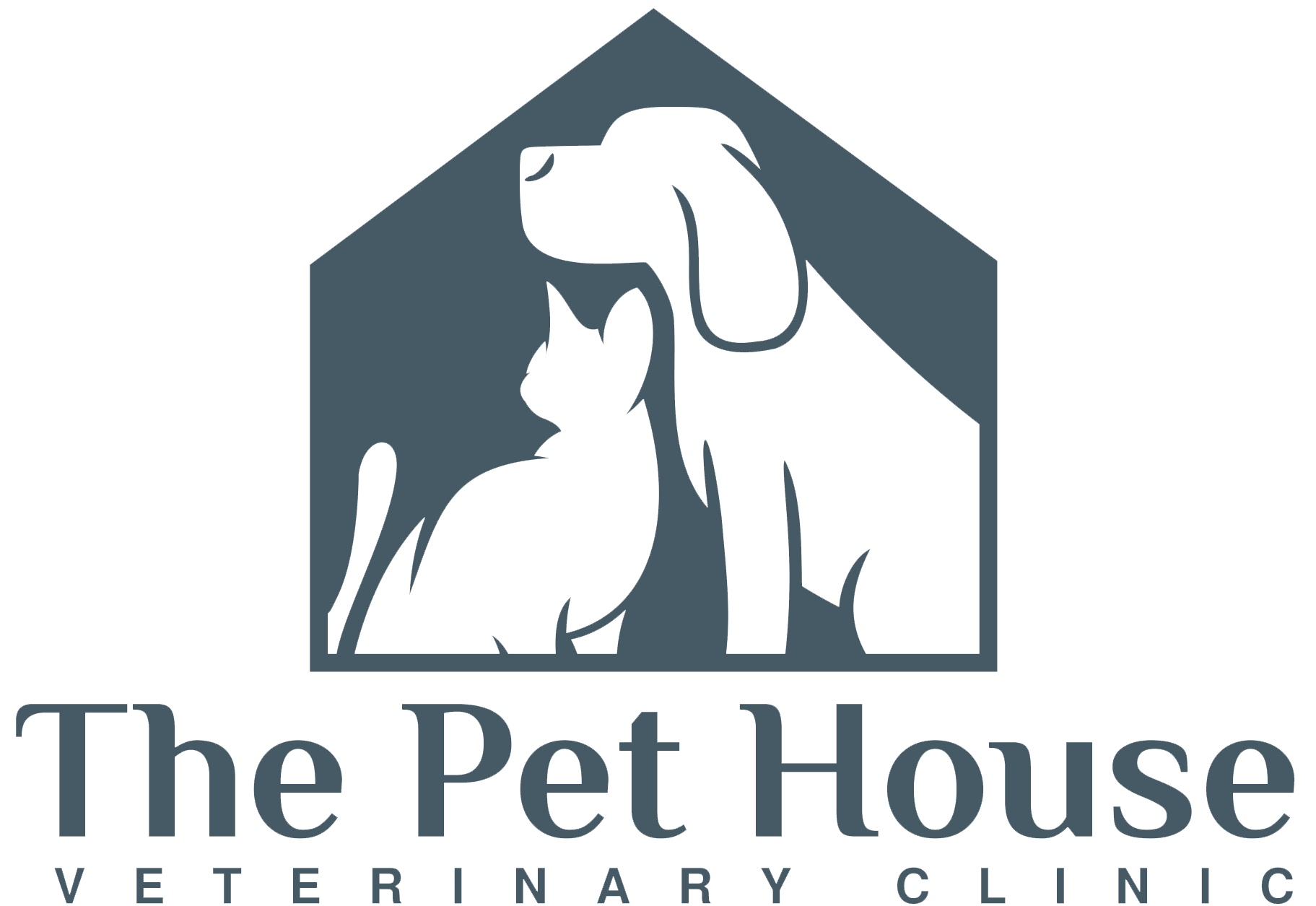Choosing the Right Diet for Your Pet
Pet Nutrition: Choosing the Right Diet for Your Pet
Proper nutrition is the cornerstone of a healthy and happy life for your pet. Just like humans, pets require a balanced diet to thrive, but with so many options available, choosing the right diet can feel overwhelming. Whether you have a dog, cat, rabbit, or bird, understanding their unique nutritional needs is essential to ensure they live a long, vibrant life.
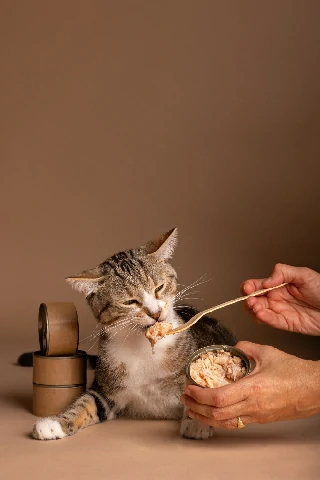
Understanding Your Pet’s Nutritional Needs
Every species has specific dietary requirements. Dogs, for instance, are omnivores and need a mix of protein, carbohydrates, fats, vitamins, and minerals. Cats, on the other hand, are obligate carnivores, meaning their diet must be rich in animal-based proteins and fats. Small mammals like rabbits and guinea pigs thrive on high-fiber diets with plenty of hay and fresh vegetables, while birds require a mix of seeds, pellets, fruits, and vegetables.
Age, size, breed, and activity level also play a significant role in determining the right diet. Puppies and kittens need calorie-dense foods to support their rapid growth, while senior pets may benefit from lower-calorie options to maintain a healthy weight. Large breeds, such as Great Danes, often require diets tailored to support joint health, while active working dogs may need higher protein and fat content to fuel their energy.
One of the most important steps in choosing the right diet is learning to read pet food labels. Look for products that meet the standards set by organizations like the Association of American Feed Control Officials (AAFCO). These labels ensure the food provides complete and balanced nutrition for your pet’s life stage.
The ingredient list is another critical factor. High-quality proteins, such as chicken, beef, or fish, should be listed first. Avoid foods with excessive fillers like corn, soy, or artificial additives. While some grains can be beneficial, they shouldn’t dominate the ingredient list. For pets with allergies or sensitivities, grain-free or limited-ingredient diets may be a better option.
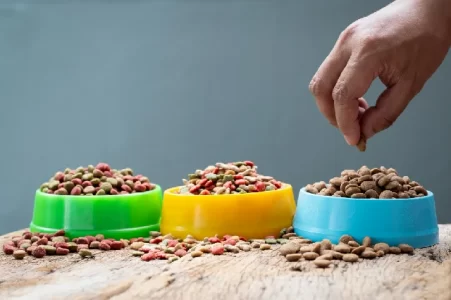
Reading Pet Food Labels
Both wet and dry foods have their pros and cons. Dry kibble is convenient, cost-effective, and helps maintain dental health by reducing plaque buildup. Wet food, on the other hand, is more palatable for picky eaters and provides additional hydration, which is especially beneficial for cats who may not drink enough water. Many pet owners opt for a combination of both to provide variety and balance.
Wet vs. Dry Food: Which is Better?
Some pets have unique dietary needs due to health conditions. For example, pets with kidney disease may require low-protein diets, while those with diabetes might benefit from high-fiber, low-carb options. Always consult your veterinarian before making significant changes to your pet’s diet, especially if they have a medical condition.
Homemade diets are another option, but they require careful planning to ensure they meet all nutritional requirements. Working with a veterinary nutritionist can help you create a balanced meal plan tailored to your pet’s needs.
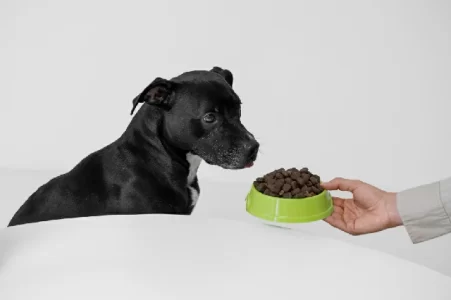
Special Dietary Considerations
Treats are a great way to reward your pet, but they should make up no more than 10% of their daily caloric intake. Opt for healthy, low-calorie options and avoid treats with artificial flavors or preservatives. Supplements, such as omega-3 fatty acids for skin and coat health or glucosamine for joint support, can be beneficial but should only be given under veterinary guidance.
The Role of Treats and Supplements
When switching your pet’s food, do so gradually over 7-10 days to avoid digestive upset. Start by mixing a small amount of the new food with their current diet, gradually increasing the proportion of the new food while decreasing the old.
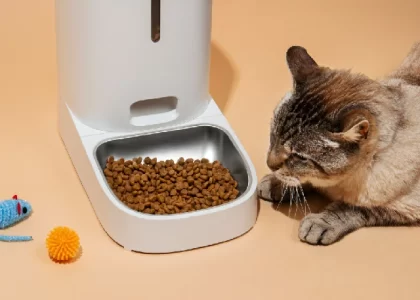
Transitioning to a New Diet
Conclusion
Choosing the right diet for your pet is one of the most important decisions you can make as a pet owner. By understanding their nutritional needs, reading labels carefully, and consulting with your veterinarian, you can ensure your furry, feathered, or scaly friend enjoys a healthy and fulfilling life. Remember, a well-fed pet is a happy pet!
You can have more information, call us and speek to our vets on 045540701 – 0522047841
